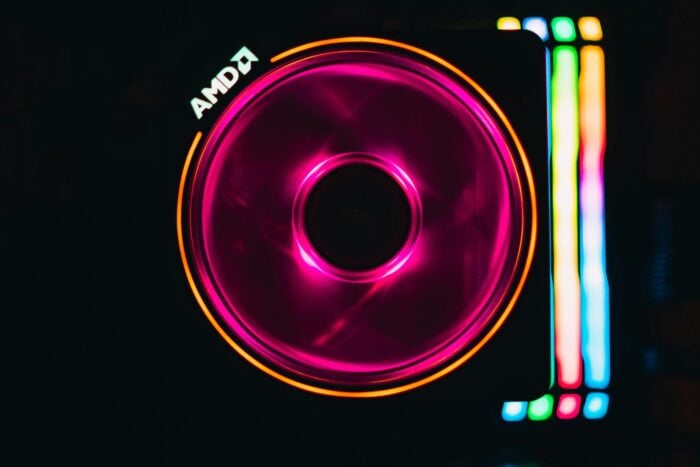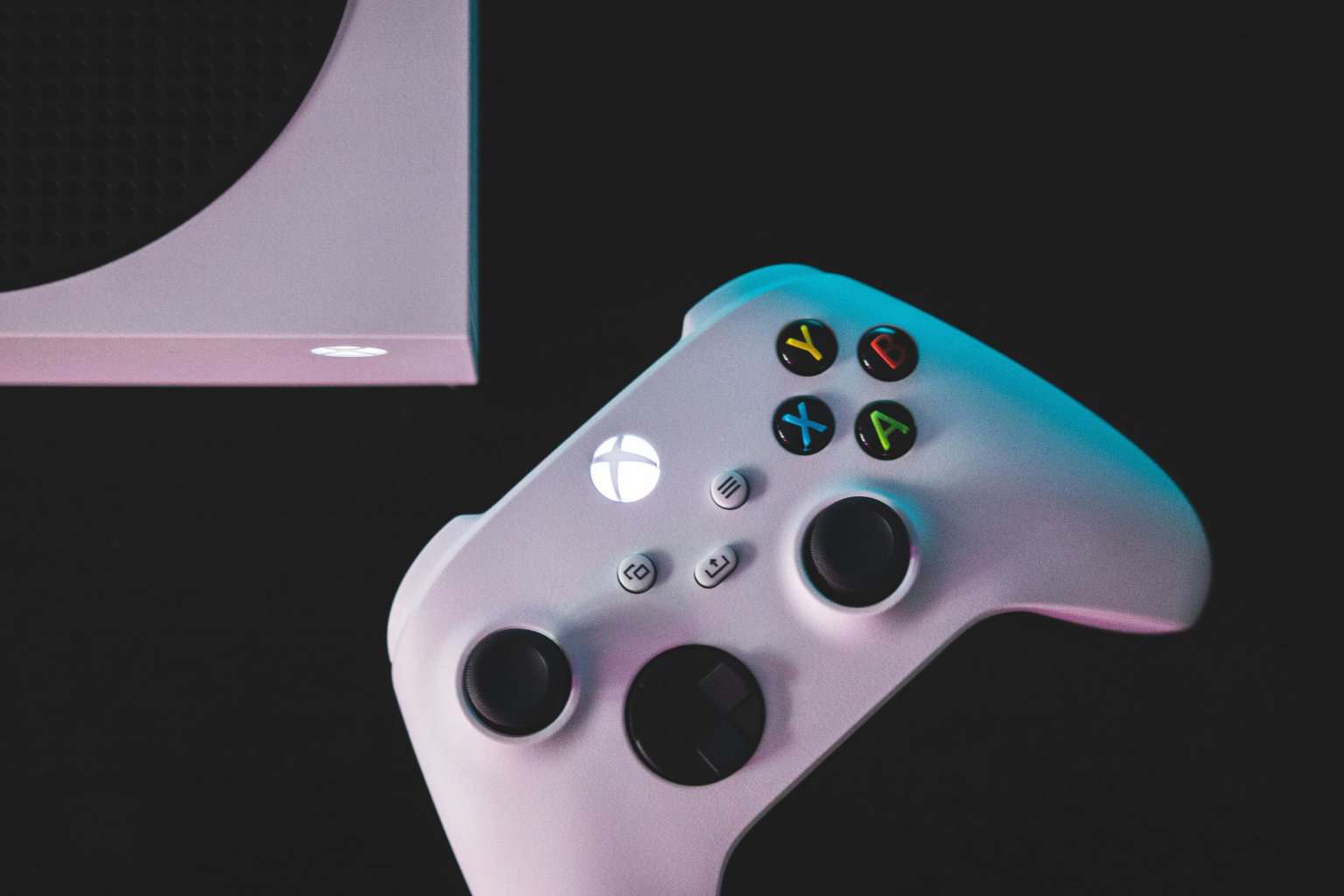The new AMD Ryzen AI processors only support Windows 11
The Ryzen 9000 series will still support Windows 10.
2 min. read
Published on
Read our disclosure page to find out how can you help Windows Report sustain the editorial team. Read more

AMD has issued an important notice, particularly to tech enthusiasts. The tech giant says its next-generation Ryzen processors, specifically the Ryzen AI 300 series, will not support Windows 10.
This declaration is a substantial change in the world of technology, particularly for users who have been faithful to Windows 10. AMD’s move indicates an inclination towards more recent operating systems like Windows 11; this detail confirms its compatibility with RHEL, Ubuntu, and the Ryzen AI 300 series.
*OS SupportWindows 11 – 64-Bit Edition , RHEL x86 64-Bit , Ubuntu x86 64-Bit
AMD
Additionally, the Ryzen 9000 series desktop processors will remain compatible with Windows 10, relieving some of the anxiety of those unprepared for the transition to Windows 11.
This may make you wonder, “Why is this change happening?” AMD’s new processors, such as the Ryzen AI 300 series, have been designed for Windows 11. They offer a 16% rise in IPC on Zen 5 architecture and an important advance in AI performance.
But, the fact that it does not support Windows 10 might be a disadvantage for users who do not want to change their operating system.
If you are considering switching to AMD’s next-gen CPUs, you may also need to switch to Windows 11 to make the most of these processors. And you should do it, considering Windows 10’s EOS is coming next year. Microsoft has been telling Windows 10 users about it, and the Redmond-based tech giant even suggests it more often.
If you don’t want to update to Windows 11 just yet, you should know that there is a new Windows 10 Beta channel for enthusiasts who want to try new features.
For some people, this situation may not pose a problem. However, it could be a massive drawback for users who depend on Windows 10 because they have specific applications or like its appearance and functions more than those provided by the new system.








User forum
0 messages